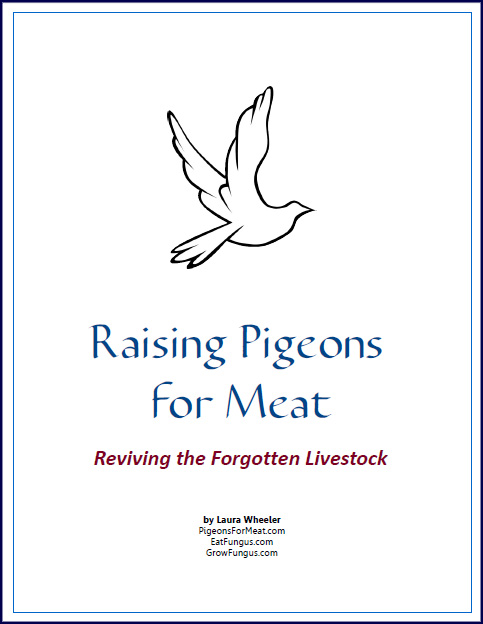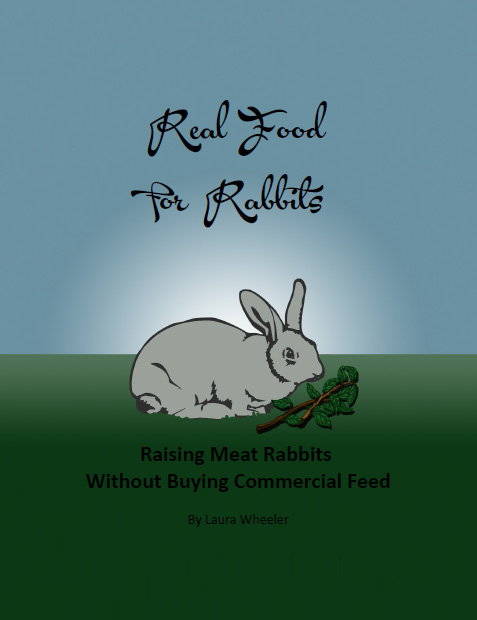Click to Download Your Free Heritage Pickling and Culturing e-Book Now!
Instant Download, NO Registration Required!
Wild Meats
Some wild meats are now available domesticated, and others are not. But whether you hunt, or purchase wild meat, it can be a great help to a body that is healing.
Wild meats may or may not actually be WILD, and they may or may not be "cleaner" than domesticated meats.
Deer, elk, moose, etc, that are hunted on forest lands are likely to be clean and lean. They are excellent sources of healthy proteins.
Antelope, deer, elk, etc, that are grazing in farmer's hayfields are exactly as healthy as the cattle that feed there - because with the exception of medications in other feed, or administered directly to cattle, the animals are eating the same grain or grasses as the cattle, with all the pesticides and herbicides that come with it.
There are some animals that are not quite domesticated, not quite wild, such as quail, pheasant, partridge, red stag, ostrich or emu, or other animals that are classed as Exotics, not really domesticated, but reared in captivity for the purpose of producing meat. Quality of the meat depends upon the methods used for feeding and caring for the animals.
These meats may be much more digestible for some people, and can be a terrific help in overcoming metabolic, or even mitochondrial issues.
Notice
The information on this site is presented for informational purposes only, and consists of the opinions and experiences of the site authors. It is not to be construed as medical advice or to be used to diagnose or treat any illness. Seek the assistance of a medical professional in implementing any nutritional changes with the goal of treating any medical condition. The historical and nutritional information presented here can be verified by a simple web search.
I do what I do because I understand the science behind it, and I've researched worldwide sources to verify the safety of my practices to my own satisfaction. Please do your own research, and proceed AT YOUR OWN RISK.







